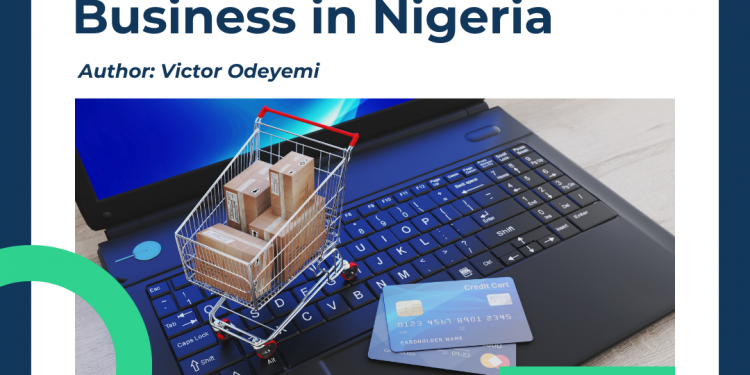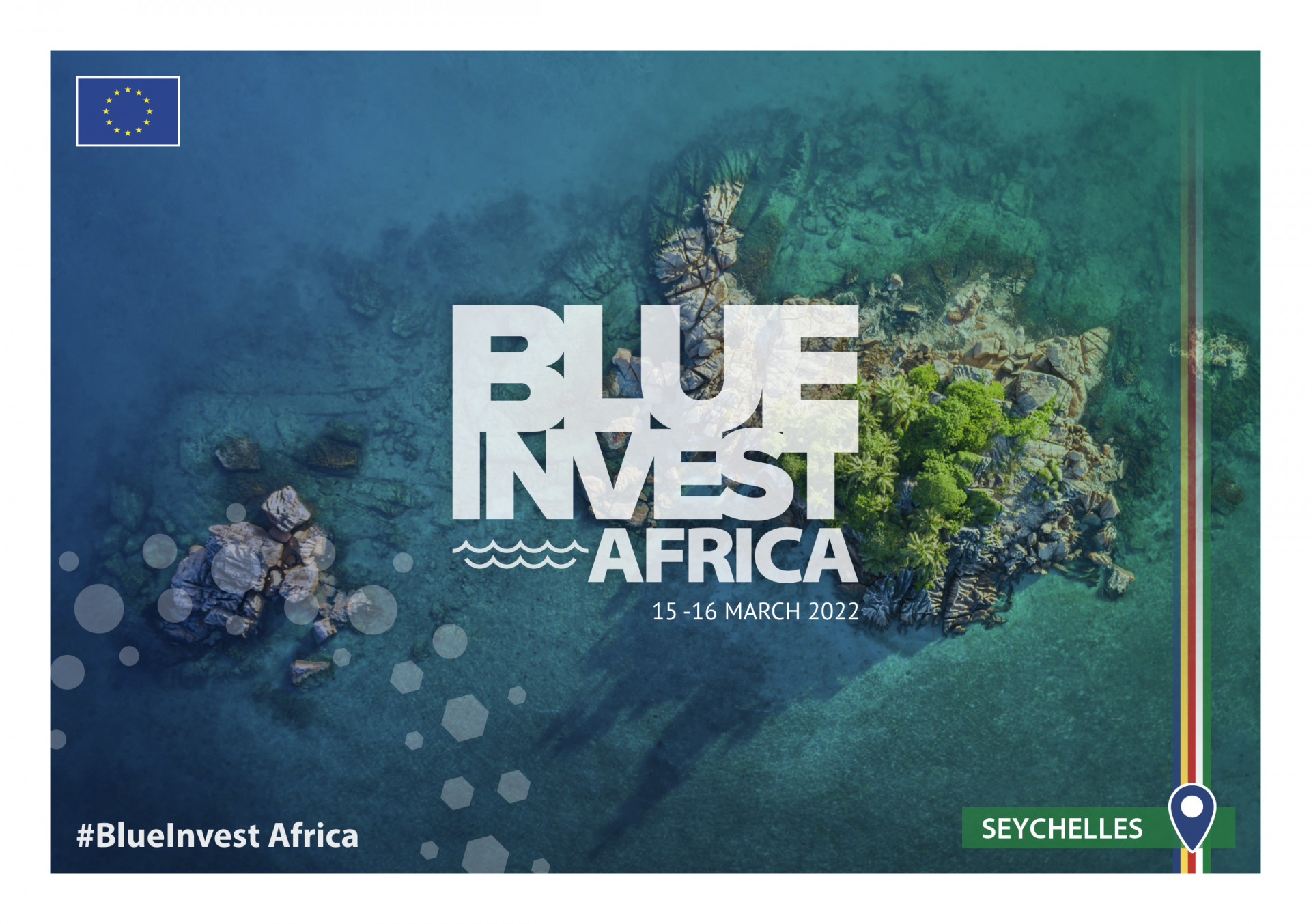The e-commerce market in Nigeria is worth USD 8.53 billion in 2024 and is expected to reach USD 14.92 billion by 2029, growing at a compound annual growth rate (CAGR) of 11.82% during the forecast period (2024-2029). If you dream of building the next e-commerce giant in Nigeria, this is the information you need to start with.
With this article, you can turn your vision into profit with the right steps and investment. MSME Africa shares ten proven steps and valuable tips to help you launch a profitable e-commerce business in Nigeria.
10 Steps to Start a Profitable E-commerce Business in Nigeria
1. Find Your Winning Product
“The first rule to selling online is selling a unique product. You want to ensure that your product cannot be easily found on the next street.” (Odeyemi, 2024). Before launching your e-commerce business, it’s crucial to identify a unique product with high demand in your chosen niche or area of interest. Look for products that offer a healthy profit margin to ensure your business can thrive in the long run.
Choosing a Product Source:
- Retailer Route: Negotiate favorable deals and build strong relationships with your suppliers.
- Sourcing Platforms: Consider established platforms like Alibaba, Jumia or Jiji, keeping factors like pricing, supplier location, and contact details in mind.
Why This Matters:
- Market Demand: Selecting the right product is essential for success. You’ll be investing time and resources, so verifying there is a need for your product is crucial.
- Profitability: A healthy profit margin allows you to cover your costs and generate income.
Calculating Profit:
Profit = Total Revenue – Total Expenses
- Total Revenue: The total amount of money you generate from sales before deductions.
- Total Expenses: All the costs associated with running your e-commerce business, including:
- Cost of Goods Sold (COGS)
- Operating Expenses (website hosting, marketing, packaging)
Example:
- Total Revenue: ₦20,000
- Cost of Goods Sold (COGS): ₦10,000
- Operating Expenses: ₦5,000 (website hosting, marketing, packaging)
Calculating Profitability:
- Gross Profit = ₦20,000 (Revenue) – ₦10,000 (COGS) = ₦10,000
- Net Profit = ₦10,000 (Gross Profit) – ₦5,000 (Operating Expenses) = ₦5,000
2. Name Your Business & Go Online
Craft a Memorable Business Name
Your business name should be catchy and relevant to the products you offer. Ideally, it should be easy to remember and spell. Consider using keywords that reflect your product category.
Build Your Online Presence
It is e-commerce, meaning your business needs to be online. You may not necessarily need to own a website when starting. Instead, create a Google My Business Profile or create business pages on targeted social media platforms with a name that encompasses your product range and related items.
This approach (e.g., “Beauty Boutique (instead of Makeup Mania) helps potential customers understand your offerings at a glance. Additionally, a strong online presence allows you to connect with and build brand awareness among potential customers.
Why This Matters:
A memorable business name and a well-established online presence are crucial for attracting customers and standing out in the market.
3. Register your Business Name
Running a legal and secure e-commerce business in Nigeria requires registering with the Corporate Affairs Commission (CAC). This not only protects your brand but ensures legal operation. CAC registration verifies your business name’s availability, so avoid using existing names. Visit the CAC website for registration requirements and remember to prepare three potential business name options.
4. Open a Business Bank Account
Some SMEs ignore this aspect of e-commerce. With a business bank account, you can apply for grants and daily financial opportunities on MSME Africa’s website. Managing your e-commerce business finances professionally starts with a dedicated business bank account. This separation keeps your personal and business transactions distinct, making record-keeping and tax filing easier. A business bank account also portrays your business as legitimate and builds trust in potential customers. Open a business bank account with a reputable bank before launching your e-commerce business.
5. Set Up Your Online Store
Your e-commerce business will benefit from having a website, either in the short or long term. Here’s how to get started:
- Domain Name: Choose a memorable and relevant domain name (your website address) from a reputable provider like Namecheap.
- Website Hosting: Select a reliable hosting plan from a company like Godaddy or WhoGoHost. This provides the space to build your online store.
- Professional Email: Consider creating a professional email address associated with your domain name for a polished and trustworthy image.
Alternatively:
From an SEO perspective, setting up your e-commerce business on platforms like Shopify will increase your ranking on search engines. These e-commerce platforms offer a user-friendly option to create your website directly on their platform. But bear in mind, that you will need to pay a subscription fee and hire an SEO Specialist to optimize your store further.
6. Create Your Sales Funnel
A sales funnel is a multi-step journey that guides potential customers toward a purchase decision. This journey can involve a series of web pages, email sequences, or social media interactions. Throughout the funnel, you’ll educate potential customers about your products, build trust, and ultimately convince them to buy. It may or may not apply to your business, however, you need to keep it in mind to create a practical strategy for converting your customers.
Why This Matter:
A well-designed sales funnel helps you nurture leads and convert more visitors into paying customers. It’s a crucial element for any e-commerce business to have in place before launch.
7. Create a Landing Page
A landing page is a standalone web page, created specifically for a marketing or advertising campaign. Landing pages should be clear, persuasive, and feature a strong call to action (CTA) that tells visitors exactly what you want them to do. Popular landing page builders like Thrive Architect can simplify the creation process.
Why This Matters:
Landing pages are highly effective tools for driving conversions. They help you capture leads or sales from targeted audiences by focusing their attention on a specific action.
8. Promote your Business: Organic vs. Paid Advertising
There are two main approaches to promoting your business and attracting your target audience: organic reach and paid advertising. Let’s break down the key differences:
- Organic Reach (Free): Organic reach is all about attracting customers naturally, without paying. It’s like word-of-mouth marketing. Examples include telling friends and family about your business, regularly sharing engaging content on platforms like Whatsapp, Facebook, Instagram, or Twitter, and joining communities such as MSME Africa to build relationships with other businesses and influencers in your niche.
| Pros | Cons |
| It is cost-effective. There is little or no upfront investment needed. | Building a large audience organically takes time and effort. |
| Organic promotions build brand authenticity over time. It fosters trust and credibility. | Social media algorithms can limit your reach. |
| Informative content when created and published consistently attracts active followers. | Creating engaging content and interacting with your audience requires showing up every single day. |
Read also: 25 Useful Content Creation Tools for Entrepreneurs and Content Creators in 2024.
- Paid Ads:
Paid advertising lets you target a specific audience on platforms like Facebook or Instagram. You can tailor your ads based on demographics, interests, and online behavior. Examples include social media ads such as Facebook and Instagram Ads, search engine marketing (SEM) for top search results, and display advertising on relevant websites.
| Pros | Cons |
| Paid Ads allow you to reach a broader audience quickly. | It requires financial investment. |
| You can target our audience by tailoring your ads to specific demographics and interests. | Paid ads require expertise and creativity. Standing out in a crowded advertising space is challenging. |
| Paid Ads allow you to measure your results, track your campaign performance, and adjust strategies. | It requires continuously refining campaigns for maximum return on investment (ROI). |
Which approach should you utilize?
The ideal strategy often involves a combination of organic reach and paid advertising.
- Start Organic: Begin with organic reach to build a foundation and establish brand credibility.
- Supplement with Paid Ads: As your business grows, consider paid advertising to reach a wider audience and achieve specific goals like website traffic or sales growth.
9. Set Up Your Order Fulfillment System
How will you deliver your orders to your customers? Will you handle deliveries yourself, engage the services of motor parks in Nigeria which is relatively cheaper, use dispatch riders, or engage logistics companies? Also, in Nigeria, payment-on-delivery works better for online shoppers due to mistrust. Would you create a refund and return policy? All these should be taken into consideration.
Why it’s important:
A well-defined order fulfillment system ensures a positive customer experience, which is crucial for repeat business and positive word-of-mouth marketing.
10. Set up your CRM System for Repeat Purchases
Most people won’t reveal to you that a large percentage of your sales will be repeat purchases. A CRM (Customer Relationship Management) system helps you generate interest from your leads, build strong customer relationships, and encourage repeat purchases for your e-commerce business. There are several CRM systems available, both free and paid. Choose one that suits your business size and budget. Or you could set up an innovative system all by hiring a web developer.
Three Final Tips Before Launching Your E-commerce Business
As a new e-commerce business, at first, focus on your immediate location to gain traction. Prioritize products that offer a profit margin of at least N5,000 to ensure your business sustainability. Selling unique products can help you stand out from the competition.










